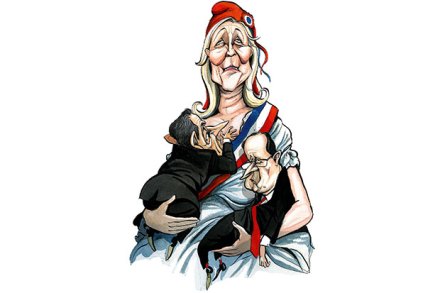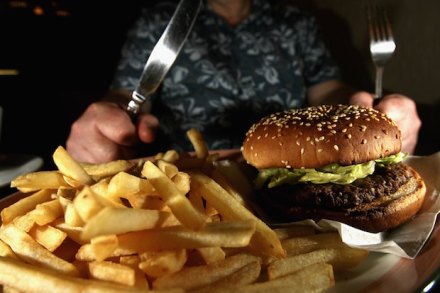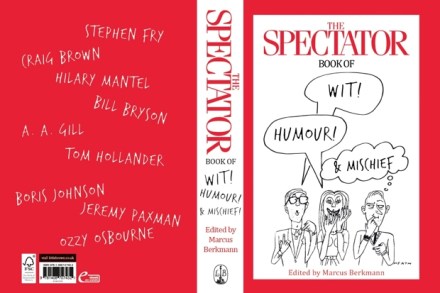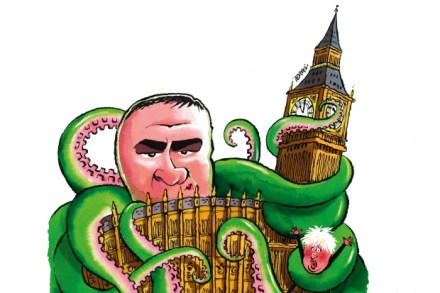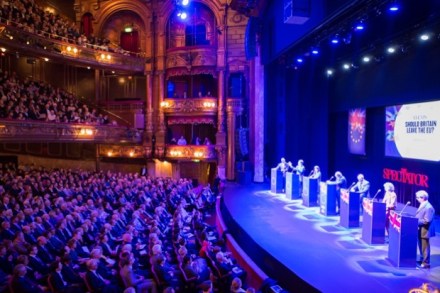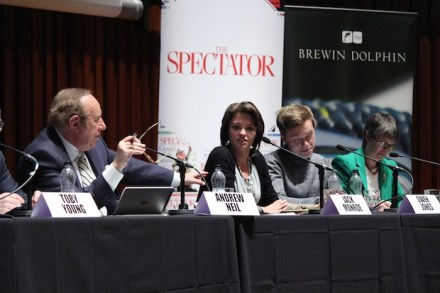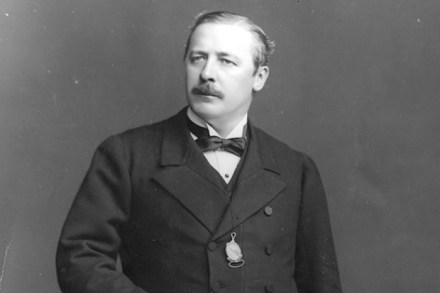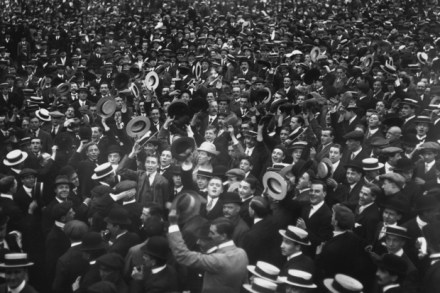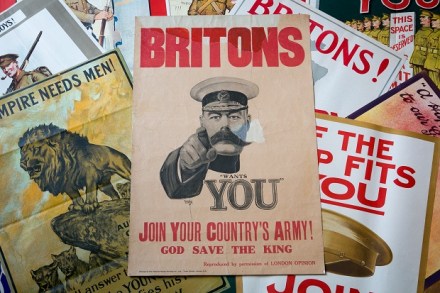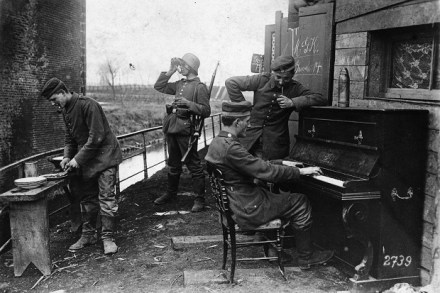The Spectator podcast: Le Pen’s victory
On this week’s podcast, we discuss the rise of Marine Le Pen, how murder is handled on social media, and how a cake has changed the debate about gay rights. Marine Le Pen’s Front National has surged in the polls and it now looks likely that she will make the run-off in 2017 French presidential election. In this week’s cover feature, Jonathan Fenby looks at how Le Pen has changed the French Right, and considers the prospects of her rivals Francois Hollande and Nicolas Sarkozy. On the podcast, Agnes Poirier tells us that: “Her great success is that she’s not her father. Here’s a woman who was born in 1968, she’s twice divorced, she’s
